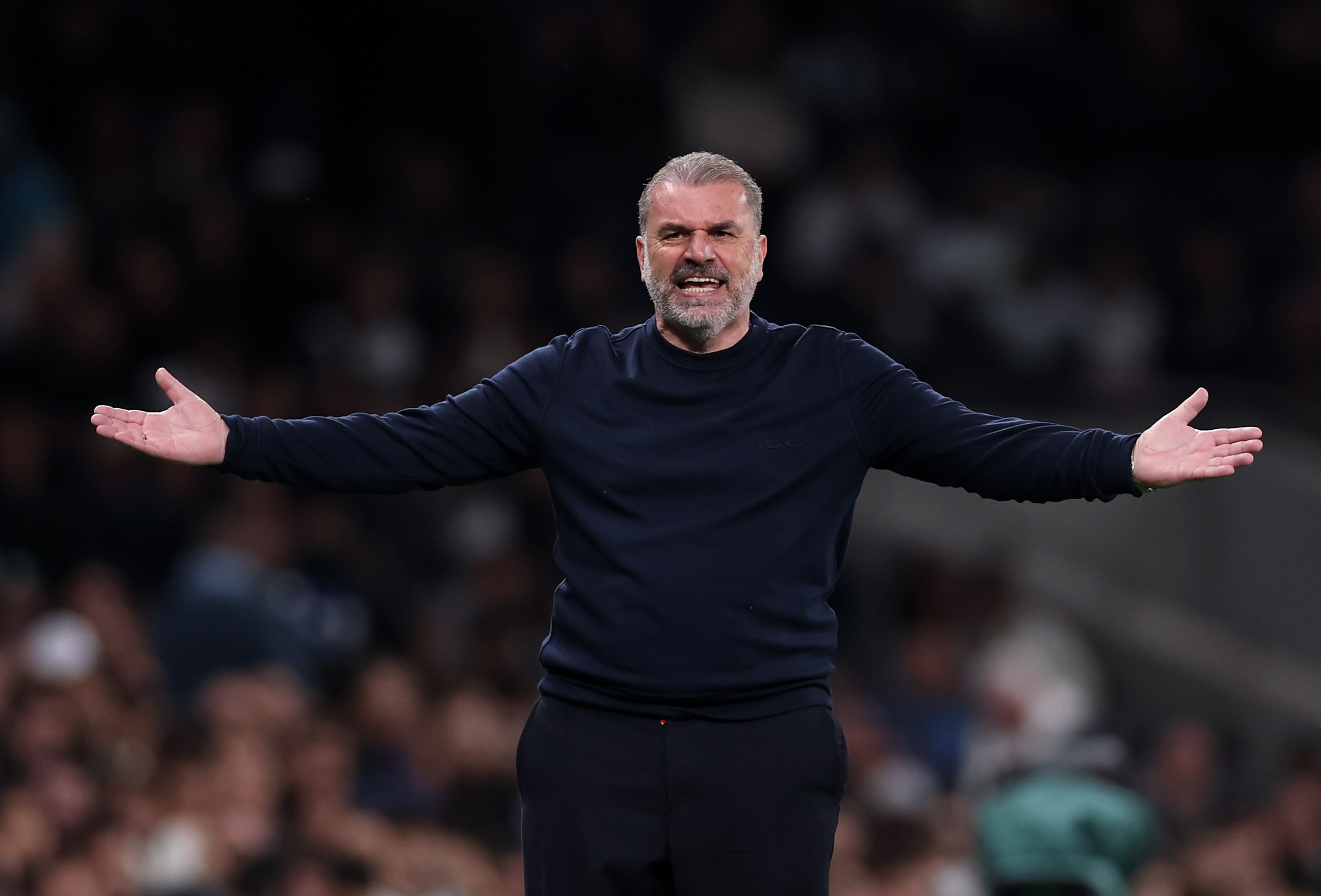The Soviet invasion of Czechoslovakia and the European Cup Winners’ Cup
With the Inter-Cities Fairs Cup yet to fall under UefaâÂÂs auspices, a side from the eastern bloc had still to win a major European trophy when the governing body made the draws for their club competitions for the coming season in July 1968. And that didnâÂÂt really seem like changing during the season ahead, either; not with the Soviet-led invasion of Czechoslovakia in August and the repercussions it had for football.
The year began with Alexander DubÃÂek succeeding AntonÃÂn Novotný as head of the communist party in Czechoslovakia. He set the country on a new course through a series of liberal reforms known as the Prague Spring that sought to remove the regimeâÂÂs totalitarian aspects and, as DubÃÂek put it, create âÂÂsocialism with a human faceâÂÂ. Naturally, the Kremlin became anxious. Generously-eyebrowed Soviet leader Leonid Brezhnev feared just where it would end and what the possible ramifications may be, not only in Czechoslovakia but throughout the eastern bloc.
On the eve of 21 August the Warsaw Pact launched a huge ground invasion. DubÃÂek was arrested and flown to Moscow, his reforms annulled. A period of âÂÂnormalisationâ followed and eventually DubÃÂek was removed from office and replaced by Soviet lackey Gustáv Husák. The military intervention, or âÂÂassistanceâ to fight "counterrevolutionary forces" as Moscow interpreted it, had been met with widespread condemnation around the globe but, just like Hungary 12 years earlier and East Germany in 1953, the West took little direct action.
Prague residents attempt to stop a Soviet tank during the invasion of 1968
A protest of sorts came through football. Western European clubs threatened to boycott ties against sides from behind the Iron Curtain. It was actually a Belgian initiative, despite none of their teams actually due to face communist opposition. Uefa panicked. They convened for an emergency meeting 10 days after the invasion, albeit without Sándor Barcs, UefaâÂÂs vice-president and the chairman for the Organising Committee of the European Cup Winnersâ Cup, and decided to initially keep east and west apart in the opening rounds. Their competitions were hastily re-drawn along regional lines.
This enraged the communist nations. Soviet football authorities called UefaâÂÂs decision âÂÂunsavouryâÂÂ, deeming it âÂÂnothing but an attempt to drag reactionary political tendencies into international sportâÂÂ. Their statement added: âÂÂthe Football Federation of the USSR places all responsibility for the consequences of the disgraceful Uefa decision on those politicians and sports businessmen who replace the principles of sporting cooperation by sinister machinations.âÂÂ
They followed the lead of Bulgaria, East Germany, Hungary and Poland â the other Warsaw Pact countries involved in the invasion â by withdrawing their clubs from EuropeâÂÂs club competitions. Albania, Romania and Yugoslavia, all of whom did not send troops to Czechoslovakia, kept their sides in; Albania also left the Warsaw Pact in protest. And so it was that Dynamo Kyiv from the Soviet Union, East GermanyâÂÂs Carl Zeiss Jena, Ruch Chorzów of Poland, Bulgarian club Levski Sofia and Ferencvárosi of Hungary all boycotted the European Cup; in the European Cup Winnersâ Cup, Dinamo Moscow (USSR), Union Berlin from East Germany, Górnik Zabrze of Poland, Bulgarians Spartak Sofia and GyÃÂri (Hungary) also refused to play.
Get FourFourTwo Newsletter
The best features, fun and footballing quizzes, straight to your inbox every week.
The corollary was a series of byes and, after West Bromwich Albion defeated Dinamo Bucharest 5-1 on aggregate in the second round of the European Cup Winnersâ Cup, only two clubs from the eastern bloc remained: both from Czechoslovakia. Spartak Trnava fell to Ajax Amsterdam in the European Cup semi-finals, but their European Cup Winnersâ Cup representatives, Slovan Bratislava, went one better. Michal ViÃÂanâÂÂs side overcame Yugoslavians FK Bor in the first round, and then beat Porto, Torino and Dunfermline Athletic on their way to the final against Barcelona in Switzerland.
What with the majority of socialist sides withdrawing, Barça started the tournament as favourites, but they fell behind after just two minutes to ýudovÃÂt CvetlerâÂÂs goal. José Antonio Zaldúa drew Barcelona level 14 minutes later though with a strike that sparked Salvador Artigasâ team into life. VladimÃÂr Hrivnák and Jan ÃÂapkoviàadded goals for Slovan before half-time though to put them in control.
Barcelona rallied after the interval. Carlos Rexach scored direct from a corner after SlovanâÂÂs goalkeeper Alexander Vencel misjudged the flight of the ball on 55 minutes â he claimed to have been dazzled by the floodlights - and then Barça began to turn the screw. They were unable to convert their dominance into goals, however, and Slovan hung on for a famous victory.
Commanding centre-back Alexander Horváth lifted the trophy on the St. Jakob-Park pitch in Basle surrounded by jubilant fans who had been given a rare moment of elation amid the political turmoil at home. Earlier that year, student Jan Palach set himself on fire and died in PragueâÂÂs Wenceslas Square as a sign of protest against the Warsaw Pact troopsâ occupation. DubÃÂekâÂÂs replacement, Husák, towed the party line and Czechoslovakia became a repressive police state.
Husák remained in power until 1987, when it became clear that the people favoured a move towards the reforms of Mikhail Gorbachev in the USSR and he had no longer had a mandate to rule. Under Husák it was arguably one of the darkest periods in CzechoslovakiaâÂÂs history. Communism had begun to disintegrate though as the pro-democracy movement grew, and by 1991 the âÂÂVelvet Revolutionâ was completed when Václav Havel, a jailed dissident playwright, became president; DubÃÂek returned to the political fold as chairman of the Federal Assembly. Two years later a "velvet divorce" saw the country split into the Czech Republic and Slovakia.
